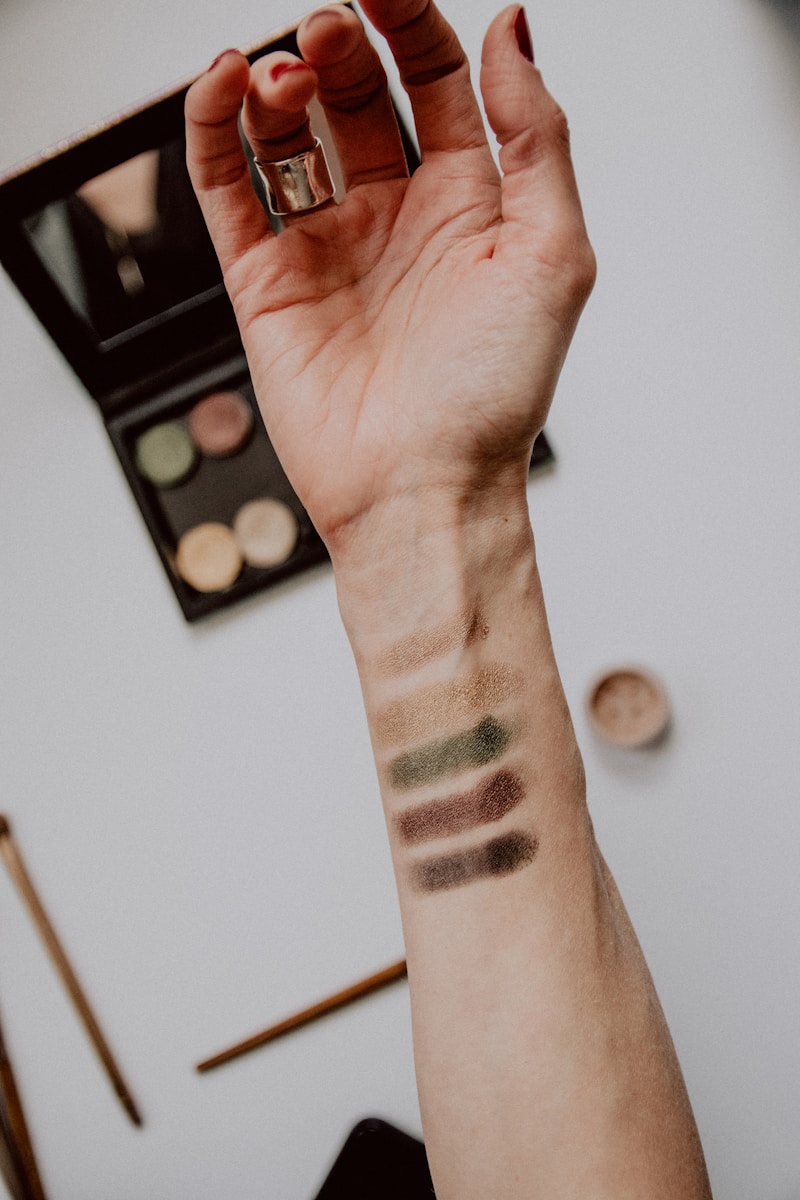Finding Balance in Skin Care After Intensive Makeup
Finding Balance in Skin Care After Intensive Makeup
In the realm of beauty, many individuals find themselves wrestling with the aftereffects of intensive makeup application. While makeup serves as a fantastic tool for self-expression and enhancing one's features, it can also take a toll on the skin. This article will explore how to effectively find balance in skin care after intensive makeup, ensuring that your skin remains healthy and radiant.
The Impact of Intensive Makeup on Skin Health
Makeup can indeed be a double-edged sword. On one hand, it boosts confidence and creates stunning looks for various occasions, such as parties, weddings, or photoshoots. On the other hand, the accumulation of products, heavy textures, and prolonged wear can lead to skin issues including clogged pores, dryness, and irritation. It is essential to recognize the potential impacts of intensive makeup on your skin.
Common Skin Issues Post-Makeup
Identifying the common skin issues that arise after removing heavy makeup is the first step toward establishing a balanced skin care routine. Below is a table summarizing these common problems:
| Skin Issue | Description |
| Clogged Pores | Pores may become blocked by makeup residues, leading to blackheads and breakouts. |
| Dryness | Intensive makeup can strip moisture from the skin, resulting in flaking and tightness. |
| Irritation | Some ingredients in makeup can cause allergic reactions, resulting in redness and discomfort. |
| Uneven Skin Tone | Overuse of makeup can hinder the skin's natural healing processes, leading to discoloration. |
| Aging Signs | Prolonged wear can accelerate the appearance of fine lines and wrinkles. |
How to Balance Skin Care After Makeup Application
Achieving a balance in your skin care routine after using intensive makeup involves several essential steps. Here are effective strategies to maintain skin health:
1. Cleansing Thoroughly
It's vital to remove makeup effectively. Start with an oil-based makeup remover to dissolve the makeup without harsh scrubbing. Follow with a gentle, hydrating cleanser that suits your skin type.

2. Exfoliating Regularly
Exfoliation helps to remove dead skin cells and prevent clogged pores. Use chemical exfoliants like AHAs and BHAs or gentle physical exfoliants once or twice a week, depending on your skin sensitivity.
3. Hydrating the Skin
Replenishing moisture is crucial after the drying effects of makeup. Look for hydrating serums containing hyaluronic acid or glycerin, followed by a nourishing moisturizer suitable for your skin type.
4. Implementing a Night Care Routine
Nighttime is the best healing period for your skin. Invest in a good quality night cream or sleeping mask that helps rejuvenate your skin while you rest. Ingredients like retinol can also assist with repair and regeneration.
Finding the Right Products
With numerous products available, selecting the right ones can be daunting. Here are some suggestions to consider while shopping:
- Makeup Remover: Opt for dual-phase or micellar water formulas for gentle makeup removal.
- Cleanser: Choose sulfate-free cleansers that do not strip the skin of its natural oils.
- Exfoliant: Look for products with natural ingredients that are not overly abrasive to the skin.
- Moisturizer: Consider non-comedogenic formulas that hydrate without clogging pores.
- Serum: Incorporate serums that contain antioxidants, such as Vitamin C, to protect and heal the skin.
Additional Tips for Skin Care Balance
Beyond the cleansing and moisturizing steps, other tips can enhance your skin care regime:
1. Stay Hydrated
Water intake greatly influences skin health. Aim for at least 8 glasses of water daily to keep skin hydrated from within.
2. Choose Makeup Wisely
Select non-comedogenic and hypoallergenic products to minimize irritation and breakouts. Always do a patch test for any new product.
3. Limit Makeup Usage
Give your skin a break from heavy makeup whenever possible. Opt for lighter formulations or minimal makeup for your everyday look.
4. Incorporate Sunscreen
Daily sunscreen application is crucial to protect your skin from UV damage, which can exacerbate the effects of intensive makeup.
Conclusion: Achieving a Healthy Skin and Makeup Balance
Finding balance in skin care after intensive makeup application is essential for maintaining a vibrant complexion. By focusing on proper cleansing, hydration, and using the right products, you can mitigate the negative effects that makeup can have on your skin. Always remember, the journey to healthy skin is ongoing; thus, adjusting your routine based on your skin's needs is vital. With the right care and mindful application, you can enjoy both your beauty regimen and healthy skin.
In summary, be attentive to your skin's needs, opt for safe products, and don't hesitate to consult a dermatologist if you experience persistent issues. Your skin deserves the best, and finding the right balance is key to lasting beauty.
